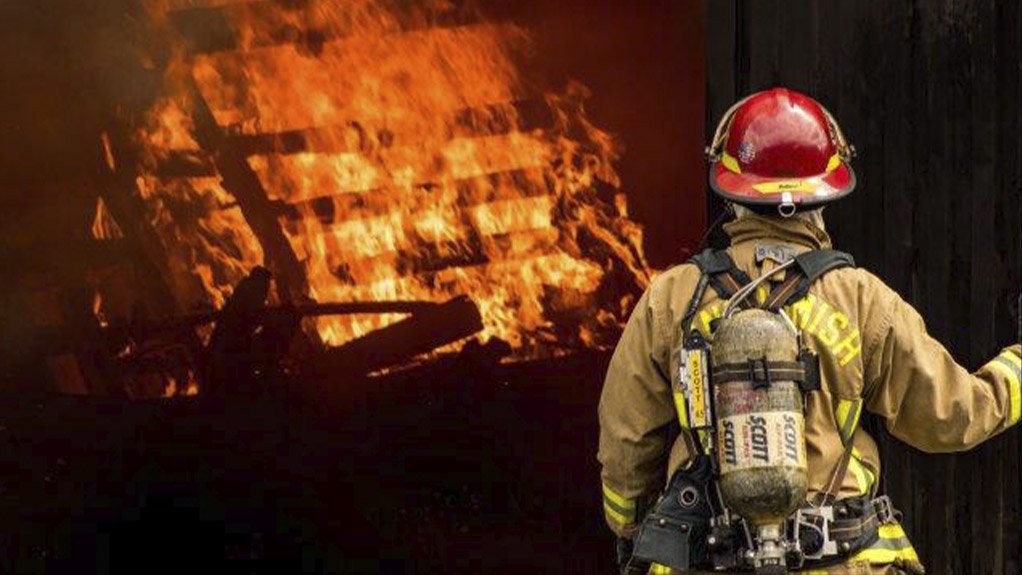Businesses that experience significant damage due to fire – such as the loss of warehousing space, equipment, or stockholding – struggle to regain their competitive advantage. This is why it is critical for all businesses to ensure that they have adequate fire-safety measures in place, ASP Fire CEO Michael van Niekerk argues.
The three key areas in terms of fire safety for businesses are protecting employees, who are the most valuable asset of any business; protecting plant, equipment, and buildings; and, lastly, ensuring business continuity so that any market-share gains are not eroded as a result.
Businesses are leery to spend on fire safety, as this neither enhances their core function, or contributes to their bottom line in any meaningful manner. However, in terms of the Occupational Health and Safety Act, a business owner, or assistant to the MD or CEO, is liable in his or her personal capacity in the event of any fire.
“If I own a business that experiences a fire where anyone is injured, I can be sued in my personal capacity. I could face a potential R5 million fine or five years’ imprisonment. Many business owners do not comprehend the gravity of such a situation. The company can pay a fine, but any jail sentence that may result from successful prosecution is a different matter altogether,” van Niekerk elaborates.
The yardstick for a business owner is to query whether or not he or she would be comfortable working in an environment where the fire-safety measures are inadequate. “It is all fair and well to want to expect employees to face any dangers on your behalf, but you need to place yourself in their shoes.”
According to the Occupational Health and Safety Act, employers have a responsibility to provide a safe workplace. Key employer responsibilities are to provide a workplace free from serious recognised hazards, and to comply with all standards, rules, and regulations in accordance with the Act.










